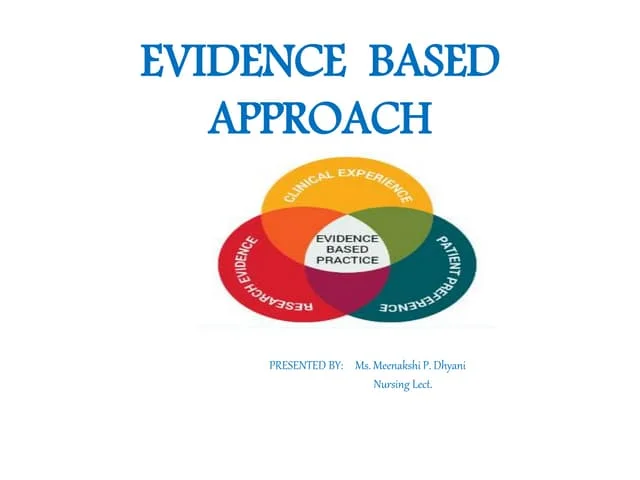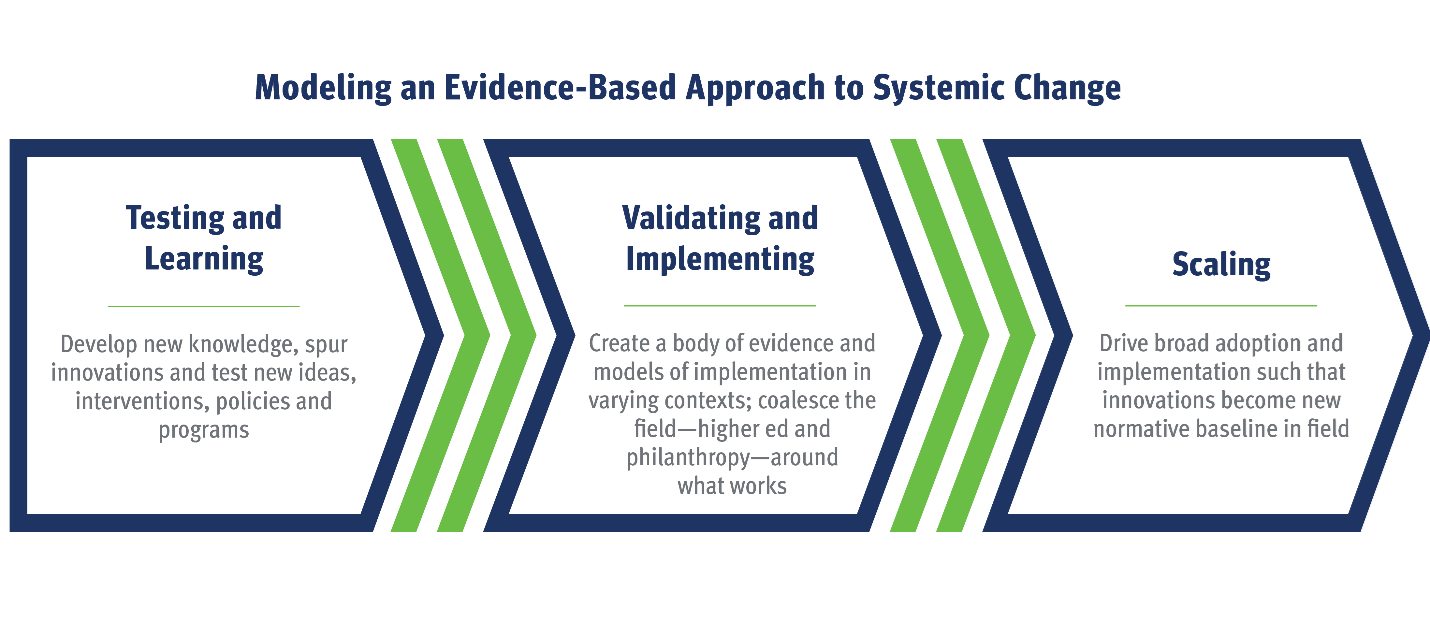Program Evaluation An Introduction To An Evidence Based Approach

In a world increasingly demanding accountability and measurable outcomes, the concept of program evaluation is gaining traction across diverse sectors, from government agencies to non-profit organizations. The need to demonstrate the effectiveness and efficiency of initiatives has spurred a growing interest in evidence-based approaches to assess their impact.
Program evaluation, at its core, is a systematic method for collecting, analyzing, and using information to answer critical questions about a program. It aims to determine its relevance, effectiveness, efficiency, and sustainability, ultimately informing decision-making and improving program performance.
What is Program Evaluation?
Program evaluation is not simply about collecting data. Rather, it's a rigorous process designed to understand the causal links between a program's activities and its intended outcomes.
It involves defining clear objectives, identifying key indicators, gathering relevant data, and interpreting the findings to draw conclusions about the program's merit and worth.
The Centers for Disease Control and Prevention (CDC), a leading authority in public health program evaluation, defines it as "the systematic investigation of the merit, worth, or significance of an object."
Why is Evidence-Based Program Evaluation Important?
The rise of evidence-based program evaluation reflects a broader trend towards data-driven decision-making. Stakeholders, including funders, policymakers, and the public, are increasingly demanding evidence that programs are achieving their stated goals and delivering value for money.
This demand is particularly acute in sectors like education, healthcare, and social services, where resources are often scarce and the stakes are high. By providing objective and reliable information, program evaluation helps to ensure that resources are allocated effectively and that interventions are designed to maximize their impact.
Furthermore, program evaluation promotes transparency and accountability. By making evaluation findings publicly available, programs can demonstrate their commitment to continuous improvement and build trust with stakeholders.
Key Elements of an Evidence-Based Approach
An evidence-based approach to program evaluation emphasizes the use of rigorous research methods to assess program effectiveness. This includes using experimental or quasi-experimental designs whenever possible to establish causal relationships between program activities and outcomes.
Randomized controlled trials (RCTs), often considered the gold standard for evaluation research, involve randomly assigning participants to either a treatment group that receives the program or a control group that does not. By comparing the outcomes of the two groups, evaluators can isolate the impact of the program.
However, RCTs are not always feasible or ethical. In such cases, evaluators may use quasi-experimental designs, which employ comparison groups that are not randomly assigned. These designs require careful attention to controlling for potential confounding factors that could bias the results.
Data Collection Methods
Evidence-based program evaluation relies on a variety of data collection methods, including surveys, interviews, focus groups, and observational studies. The choice of method depends on the specific evaluation questions and the nature of the program being evaluated.
Quantitative data, such as test scores or attendance rates, can be used to measure program outcomes objectively. Qualitative data, such as participant testimonials or staff interviews, can provide valuable insights into the program's implementation and impact.
Data Analysis and Interpretation
Data analysis is a critical step in the program evaluation process. Evaluators use statistical techniques to analyze quantitative data and identify statistically significant differences between groups. Qualitative data is analyzed using thematic analysis or other qualitative methods to identify patterns and themes.
It's important to interpret evaluation findings in the context of the program's goals and objectives. Evaluators should also consider potential limitations of the evaluation design and data collection methods.
Challenges and Considerations
Despite its benefits, implementing evidence-based program evaluation can be challenging. One common challenge is the lack of resources, including funding, personnel, and time.
Another challenge is the difficulty of establishing causal relationships, particularly in complex social programs with multiple interacting factors. Evaluators must be skilled in designing and implementing rigorous evaluation studies that can address these challenges.
Ethical considerations are also paramount in program evaluation. Evaluators must ensure that the evaluation is conducted in a way that protects the rights and welfare of participants. This includes obtaining informed consent, maintaining confidentiality, and avoiding conflicts of interest.
The Future of Program Evaluation
As the demand for evidence-based decision-making continues to grow, program evaluation is likely to play an increasingly important role in shaping public policy and improving program effectiveness. Innovations in data analytics and evaluation methods are opening up new opportunities for measuring and understanding program impact.
The increasing availability of big data and the development of new analytical techniques, such as machine learning, are enabling evaluators to analyze large and complex datasets. This can provide valuable insights into program performance and inform program improvements.
Ultimately, the goal of program evaluation is to create a learning culture within organizations and communities. By using evidence to inform decision-making and improve program performance, we can create a more effective and equitable society. This involves not just measuring success, but also understanding failures and learning from them.


![Program Evaluation An Introduction To An Evidence Based Approach [DOWNLOAD IN @PDF] Program Evaluation An Introduction to an Evidence](https://www.yumpu.com/en/image/facebook/65415036.jpg)





![Program Evaluation An Introduction To An Evidence Based Approach [Pdf] Program Evaluation An Introduction to an E | phyrrxinayrrのブログ](https://stat.ameba.jp/user_images/20230324/12/phyrrxinayrr/9c/db/j/o0650180015259896242.jpg)









